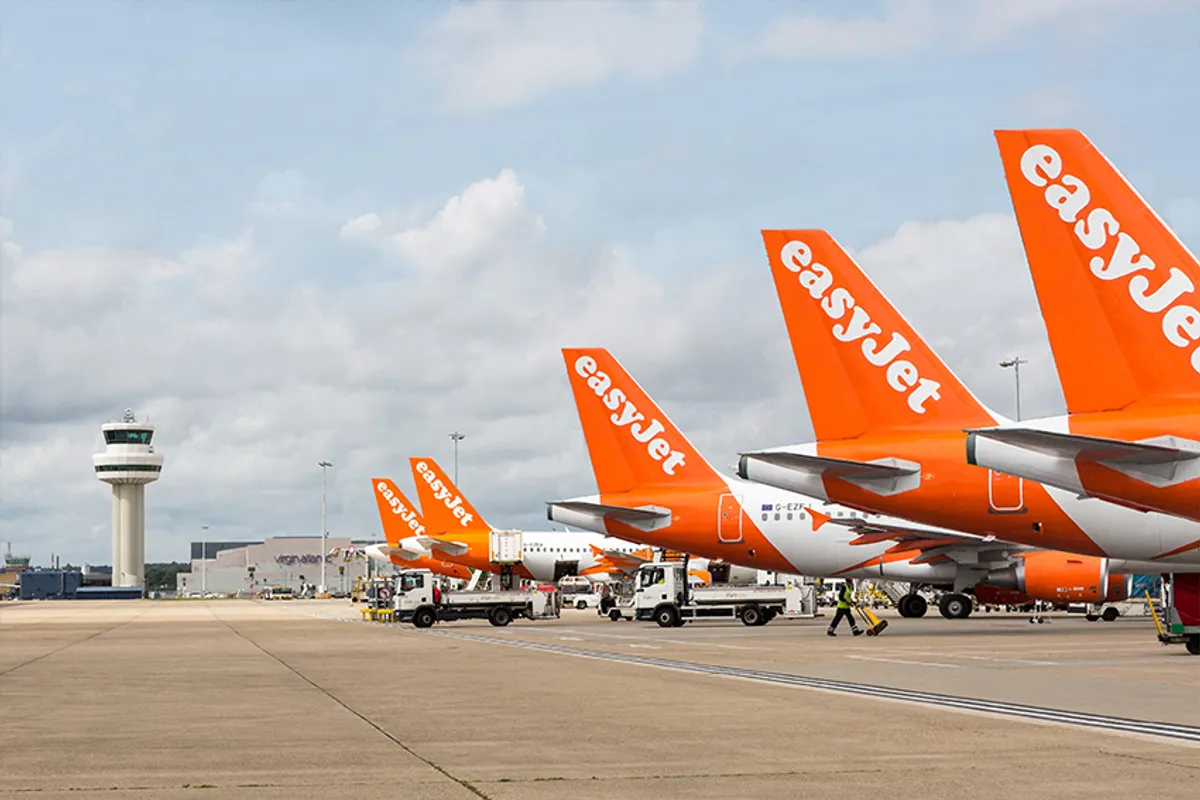Physical Address
304 North Cardinal St.
Dorchester Center, MA 02124
Physical Address
304 North Cardinal St.
Dorchester Center, MA 02124

EasyJet, a leading European low-cost airline, has rebounded strongly in 2025. Indeed, it demonstrates resilience, strategic growth, and a firm commitment to customer satisfaction. With this momentum, the airline leverages robust financial performance and expanding operations to secure a strong position for continued success.
In the third quarter of fiscal year 2025, the company reported a headline profit before tax of £286 million. This figure represents a £50 million increase compared to the same period last year. Strong demand across its primary airport network fueled this growth. Furthermore, the timing of Easter boosted passenger numbers and revenues. The airline increased available seat kilometers (ASK) by 7.9% year-on-year, reflecting both capacity expansion and operational efficiency.
The company continues to expand its network by launching 12 new routes for summer 2025. These routes, in particular, connect Spain with destinations in Ireland, Morocco, the UK, Greece, Italy, and France. As a result, the airline accommodates growing travel demand while strengthening its presence in key markets. Additionally, EasyJet plans to expand operations to Heathrow airport once authorities approve a third runway. This move would enable the airline to operate at scale at Europe’s busiest airport.
EasyJet maximizes revenue through its holiday division, EasyJet Holidays. In the third quarter, the division generated a pre-tax profit of £86 million, up £13 million from the previous year. Moreover, EasyJet Holidays is on track to deliver a full-year pre-tax profit exceeding £235 million. Consequently, the airline demonstrates the growing popularity of package holidays and capitalizes on the synergy between flight and holiday offerings.
EasyJet actively works to reduce its environmental impact. Specifically, it aims to cut carbon emissions by 35% by 2035, aligning with broader industry sustainability goals. The airline invests in technological advancements and operational efficiencies to reach these targets. Thus, EasyJet continues to offer affordable travel while minimizing its ecological footprint.
Looking ahead, EasyJet expects further growth. The airline projects a 9% year-on-year increase in ASK for the full fiscal year 2025. Moreover, forward bookings for the fourth quarter already sit at 67% capacity, up 1 percentage point from last year. EasyJet leverages disciplined cost management, accelerated fleet modernization, and the growth of its holiday business to maintain strong profitability. Together, these initiatives position the airline to exceed market expectations.
In conclusion, EasyJet demonstrates remarkable adaptability and strategic vision in 2025. Ultimately, it strengthens its financial trajectory while expanding its services. Therefore, by focusing on customer satisfaction, operational efficiency, and sustainability, EasyJet continues to soar in the competitive airline industry.